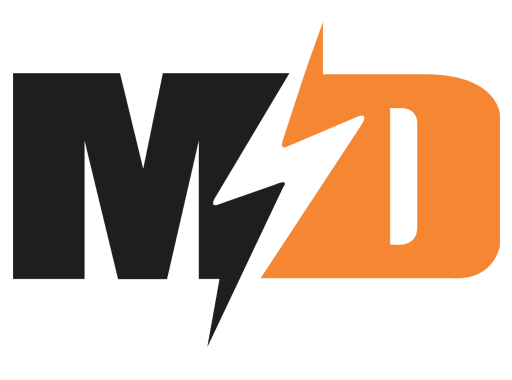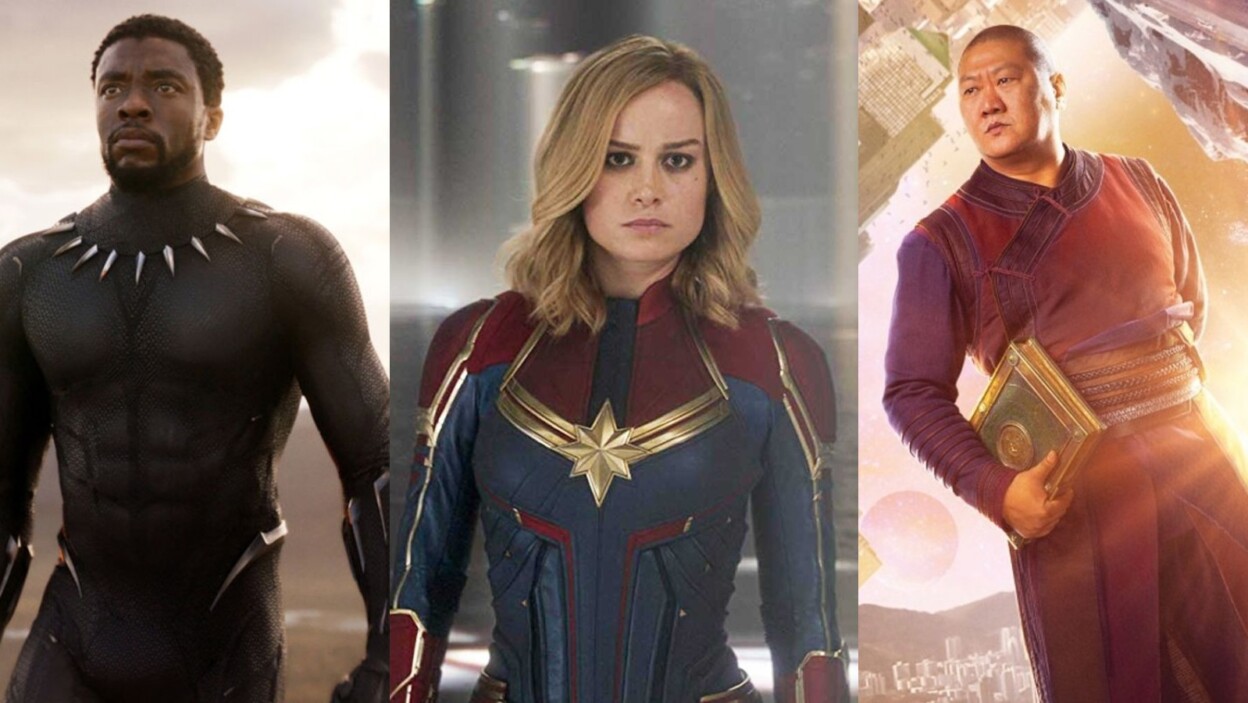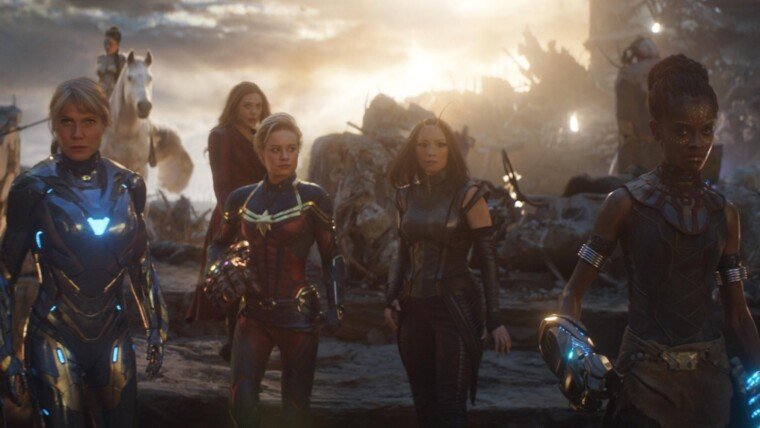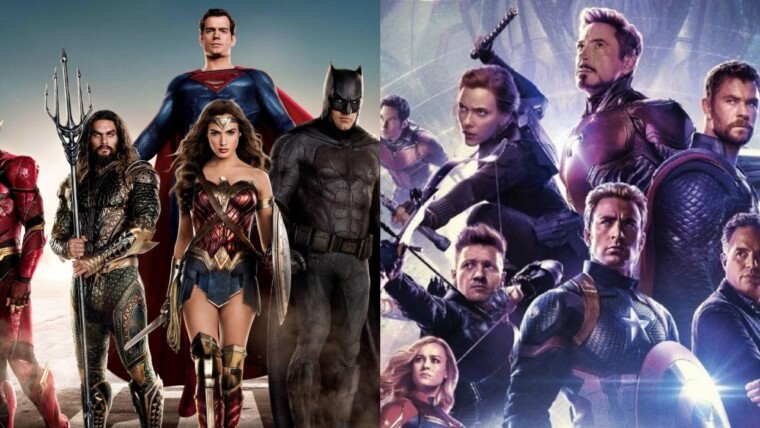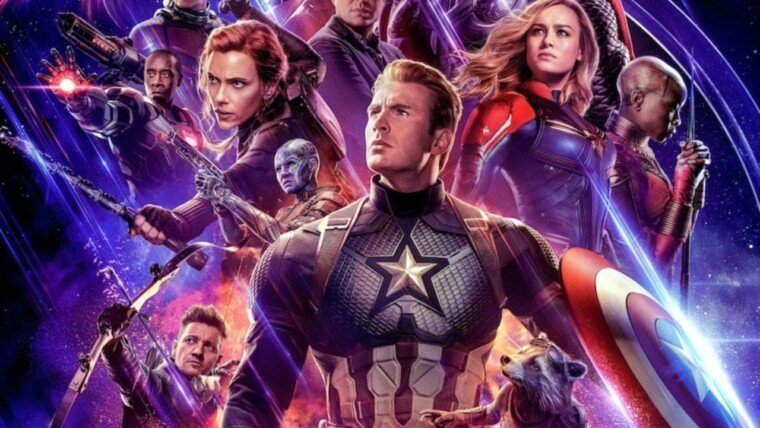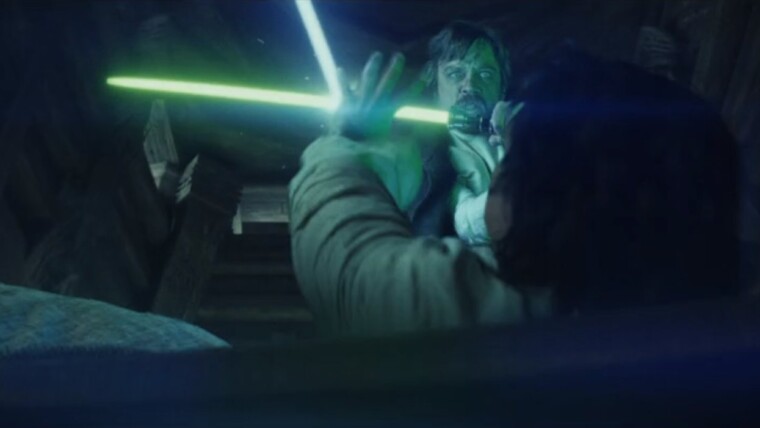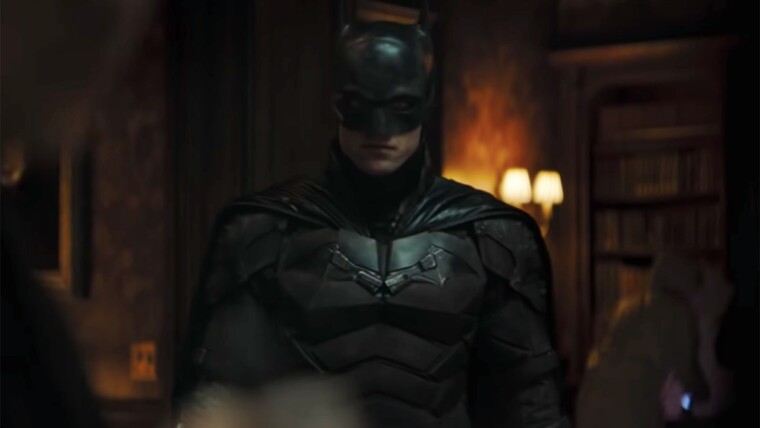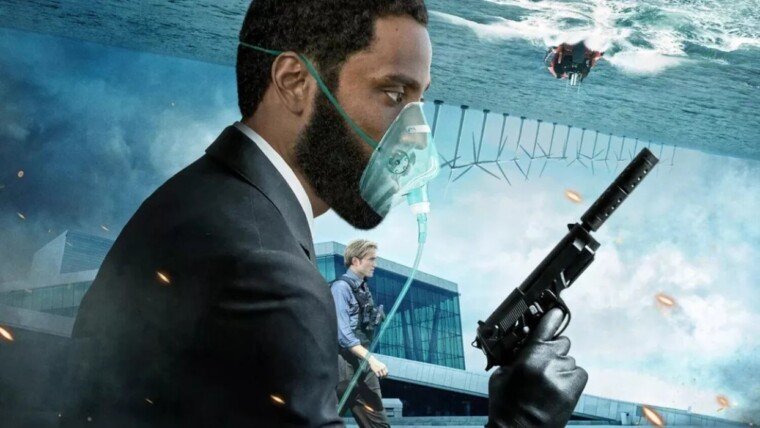Not too long ago, Anthony Mackie, the actor who played Falcon in the Marvel Cinematic Universe (MCU) had some strong words to say about Marvel Studios and Disney. The actor expressed his disappointment at the fact that it took a predominantly black cast and a black director to have a person of colour play the lead in a high profile blockbuster like Black Panther. He went on to point out that in all seven of his appearances in the MCU, a majority of all cast and crew members were white. Admittedly, I do see where Mackie is coming from. It shouldn’t take a studio having that one “black superhero” film to have some meaningful African American representation in the MCU. Neither should it take that one “Kung Fu superhero” with Shang Chi and the Legend of the Ten Rings film to have some Asian representation.
 If anything, it feels almost as if Disney and Marvel are saying “Alright, we filled our diversity quota and you got your minority representation. Back to business!” So with Mackie’s statements in mind and the Black Lives Matter movement capturing the cultural imagination, I believe it’s time to ask an important question. Does the MCU truly have a diversity problem?
If anything, it feels almost as if Disney and Marvel are saying “Alright, we filled our diversity quota and you got your minority representation. Back to business!” So with Mackie’s statements in mind and the Black Lives Matter movement capturing the cultural imagination, I believe it’s time to ask an important question. Does the MCU truly have a diversity problem?
Minorities in Minor Roles
With over a decade’s worth of films and TV shows, it can be hard to call into memory the MCU of yesteryear. Believe it or not, there was a time when the MCU was not as colourful as you see today with afro-futurist heroes, armada destroying cosmic ladies and talking raccoons. Oh no, things back then were a little more vanilla. Let’s take a trip back to the first and second phase of the MCU to see what the early wave of films was like. Namely, how much agency was given to characters of racial and sexual minorities.
The core team of the Avengers consisted of male heavy-hitters like Iron Man, Captain America, Thor, Hulk and Hawkeye, with Black Widow being the sole exception. Throughout her time in Iron Man 2 and The Avengers, Johannson brought a lot of charm and wit to her superspy character. She was given a pretty strong romantic arc between her and the volatile Bruce Banner later on in Age of Ultron. She even had a small fling with Cap in Winter Soldier. I’ve always found Natasha to be a pretty compelling character in her own right. It’s a crying shame how she’s only getting her own standalone film…after her character died.
 As for the rest of the women featured in Phase 1, little to no real agency or character is rendered unto them. Their roles can be boiled down to two functions: being a glorified trophy for when the hero has some moral victory and being the damsel in distress. From Iron Man’s Pepper Potts to Thor‘s Jane Foster to The Incredible Hulk‘s painfully wooden Betty Ross. They all fulfil the role of humanizing our male heroes before being placed in mortal peril, to give them something to do. It’s as cliche and by the numbers as it goes. Captain America: The First Avenger, is a little different seeing that Steve Roger’s story is a flat arc. Meaning, he doesn’t need a moral epiphany, he’s right all along. So the challenge is having the world, including Pegg Carter, bend to his ideals. So in terms of female representation, Phase 1 gets a pretty bad grade.
As for the rest of the women featured in Phase 1, little to no real agency or character is rendered unto them. Their roles can be boiled down to two functions: being a glorified trophy for when the hero has some moral victory and being the damsel in distress. From Iron Man’s Pepper Potts to Thor‘s Jane Foster to The Incredible Hulk‘s painfully wooden Betty Ross. They all fulfil the role of humanizing our male heroes before being placed in mortal peril, to give them something to do. It’s as cliche and by the numbers as it goes. Captain America: The First Avenger, is a little different seeing that Steve Roger’s story is a flat arc. Meaning, he doesn’t need a moral epiphany, he’s right all along. So the challenge is having the world, including Pegg Carter, bend to his ideals. So in terms of female representation, Phase 1 gets a pretty bad grade.
Phase 2 fairs slightly better with the addition of capable and badass female characters like Zoe Saldana’s Gamora and Elizabeth Olson’s Scarlett Witch. They were given actually things to do besides nag and look pretty. For every Guardians of the Galaxy though, there’s a Thor: The Dark World to once again stifle progress. While I wasn’t a big fan of Iron Man 3‘s big twist, I did appreciate the film’s narrative of Tony confronting his male ego and his obsessive need to control. Too bad, all this is undone in Avengers: Age of Ultron. My point is regardless of the small incremental progress that the MCU’s Phase 2 made for women representation, it still failed to address the issue. The structure of all these films saw their female characters reacting to the actions of men around them rather than triggering these events themselves. So while the more obvious “damsel in distress” issues are dealt with, the pervading the male-centred plots are not.
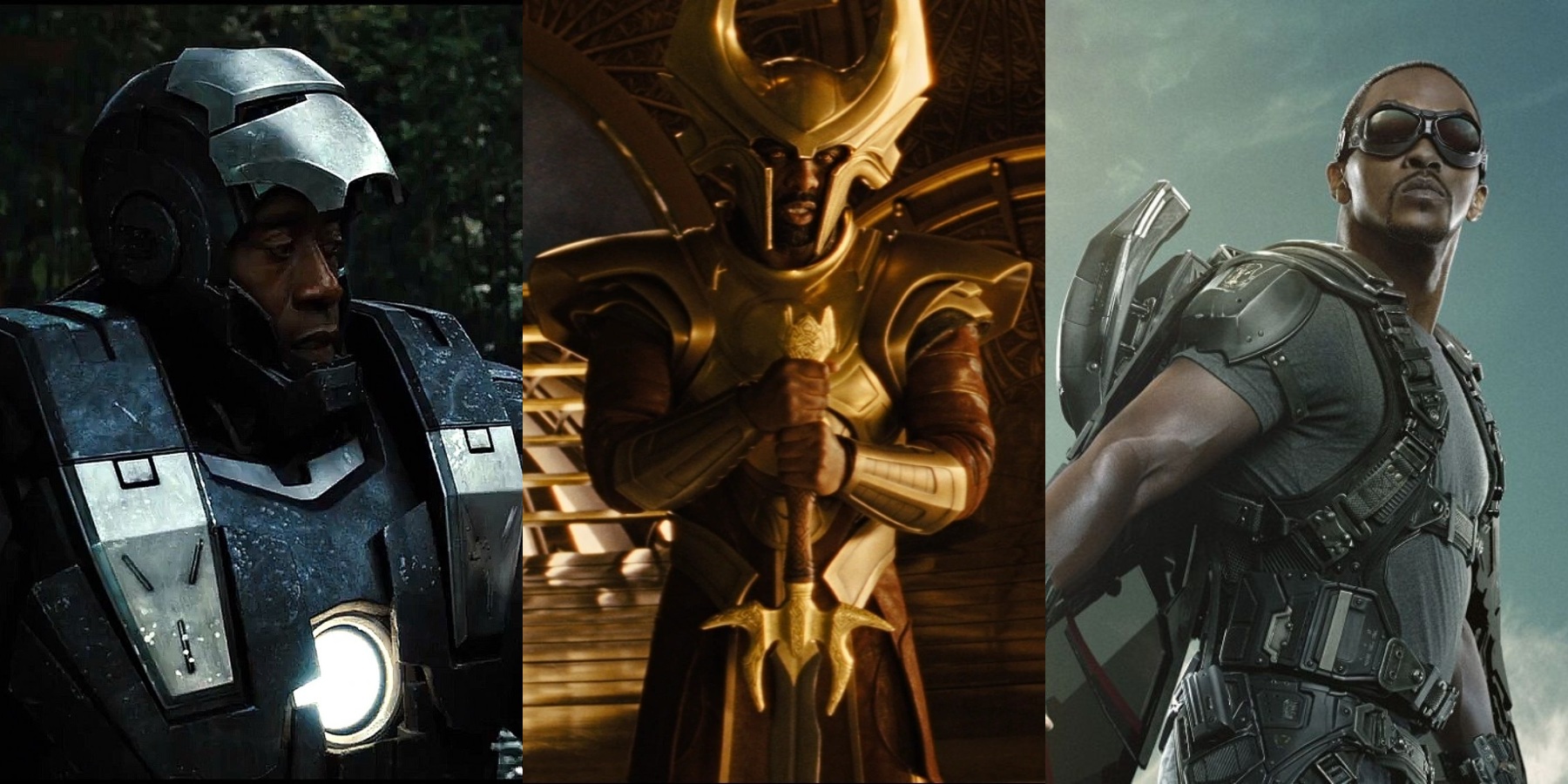 Oh and then there’s the MCU’s treatment of people of colour. Don’t even get me started on that shit! With the exception of Nick Fury playing your typical no-nonsense bossman, every non-White character is essentially the white male lead’s sidekick! Whether it’s Anthony Mackie’s Falcon, Don Cheadle’s (formerly Terrence Howard’s) Rhodey or Idris Elba’s Heimdall, they ain’t got dick to do unless they’re told! If they’re not busy cleaning up their Caucasian friend’s mess, they’re playing support duty. Even Black Panther’s role in Captain America: Civil War was painfully passive. He gets caught up in someone else’s war and essentially plays pawn on Tony and Steve’s chessboard. It is just downright pathetic.
Oh and then there’s the MCU’s treatment of people of colour. Don’t even get me started on that shit! With the exception of Nick Fury playing your typical no-nonsense bossman, every non-White character is essentially the white male lead’s sidekick! Whether it’s Anthony Mackie’s Falcon, Don Cheadle’s (formerly Terrence Howard’s) Rhodey or Idris Elba’s Heimdall, they ain’t got dick to do unless they’re told! If they’re not busy cleaning up their Caucasian friend’s mess, they’re playing support duty. Even Black Panther’s role in Captain America: Civil War was painfully passive. He gets caught up in someone else’s war and essentially plays pawn on Tony and Steve’s chessboard. It is just downright pathetic.
Then, you have the MCU’s Phase 3. An age that saw more diversity than all two of the first phases combined. What’s going on? Why did it take Disney and Marvel so long to finally reach where it is today? To answer that question, we talk about one particular individual.
The Story of Ike Perlman
We need to talk about Issac “Ike” Perlmutter. Before Disney’s corporate restructuring in 2015, Perlmutter was the CEO, and largest shareholder, of Marvel Entertainment. This the man behind most of the creative decisions and budgeting that went into the MCU, even after Disney acquired it in 2009. In short, Perlmutter was the gatekeeper and the final say on what passed in the MCU. And for nearly 7 years, Perlmutter has been one of the largest obstacles, and vocal opponent, for diversity in the MCU.
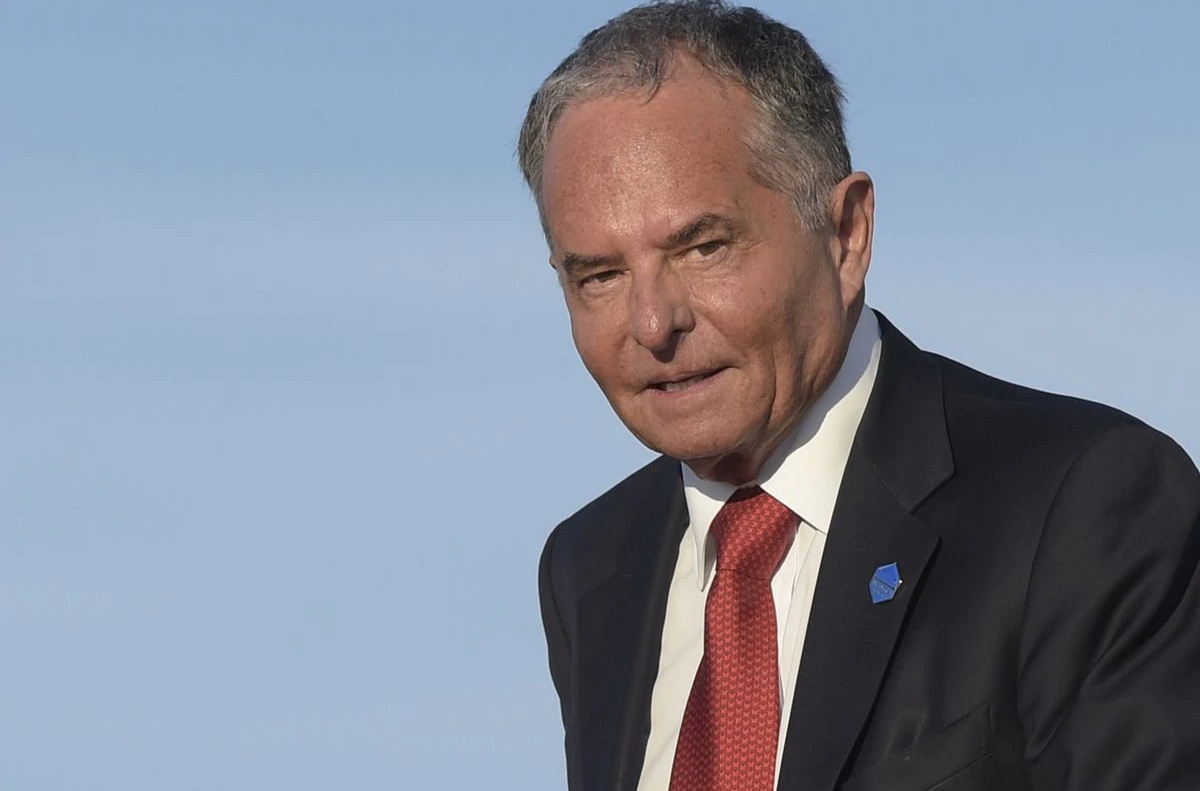 In a cover story by Vanity Fair, we gain some valuable insight into how the man ran the MCU. Perlmutter was a rabid conservative who frequently espoused racist and sexist views during his tenure. Reports had shown that when Terence Howard had left the role of Iron Man‘s James Rhodey, the Marvel CEO had some interesting words to say about his replacement. Perlmutter had apparently told a Disney product executive that Cheadle’s replacing of Howard would be of little impact because all the black people “look the same”.
In a cover story by Vanity Fair, we gain some valuable insight into how the man ran the MCU. Perlmutter was a rabid conservative who frequently espoused racist and sexist views during his tenure. Reports had shown that when Terence Howard had left the role of Iron Man‘s James Rhodey, the Marvel CEO had some interesting words to say about his replacement. Perlmutter had apparently told a Disney product executive that Cheadle’s replacing of Howard would be of little impact because all the black people “look the same”.
Oh but it doesn’t stop there, there were several leaked emails by Perlmutter who expressed that women superheroes weren’t good for business. So if you’ve ever wondered why there seemed to be no Black Widow merchandise for the longest time, it’s because of this old fart. To top it all off, Perlmutter is also a strong supporter of Donald Trump, having donated millions of dollars to Trump’s campaign. Needless to say, it’s pretty disconcerting to see the CEO of Marvel Entertainment at the time holding such vile sentiments. To be fair though, part of why Perlmutter held these horrible views was because the man simply felt diversity wasn’t a big selling point. He held to the view that audiences would be less inclined to see non-white male superheroes on screen.
All this changed in 2015, though, when Disney’s corporate restructuring allowed for Marvel Studio’s President Kevin Feige, who was a frequent proponent for greater diversity in the MCU, to take control of the franchise. Perlmutter still remained the chairman of Marvel Entertainment but has since been given little to no creative control over Marvel’s films. Under Feige’s leadership, the MCU was steered into a new direction.
The Franchise Under Feige
About a year before Perlmutter bowed out from the MCU, Feige had already announced plans to bring in heroes like Black Panther and Captain Marvel into the franchise. In that same year, Feige had also announced films like Doctor Strange, Ant-Man and Thor: Ragnarok. Many, myself included, consider Marvel’s Phase 3 to be the most creative and diverse line-up of films thus far in the franchise. A season that saw the introduction of magic into the MCU alongside new nations and alien empires. Most importantly, it broke new ground in terms of minority representation. So this settles it, then. The MCU had a diversity issue but not any more thanks to the inclusion of the aforementioned films, right? Well, not exactly.
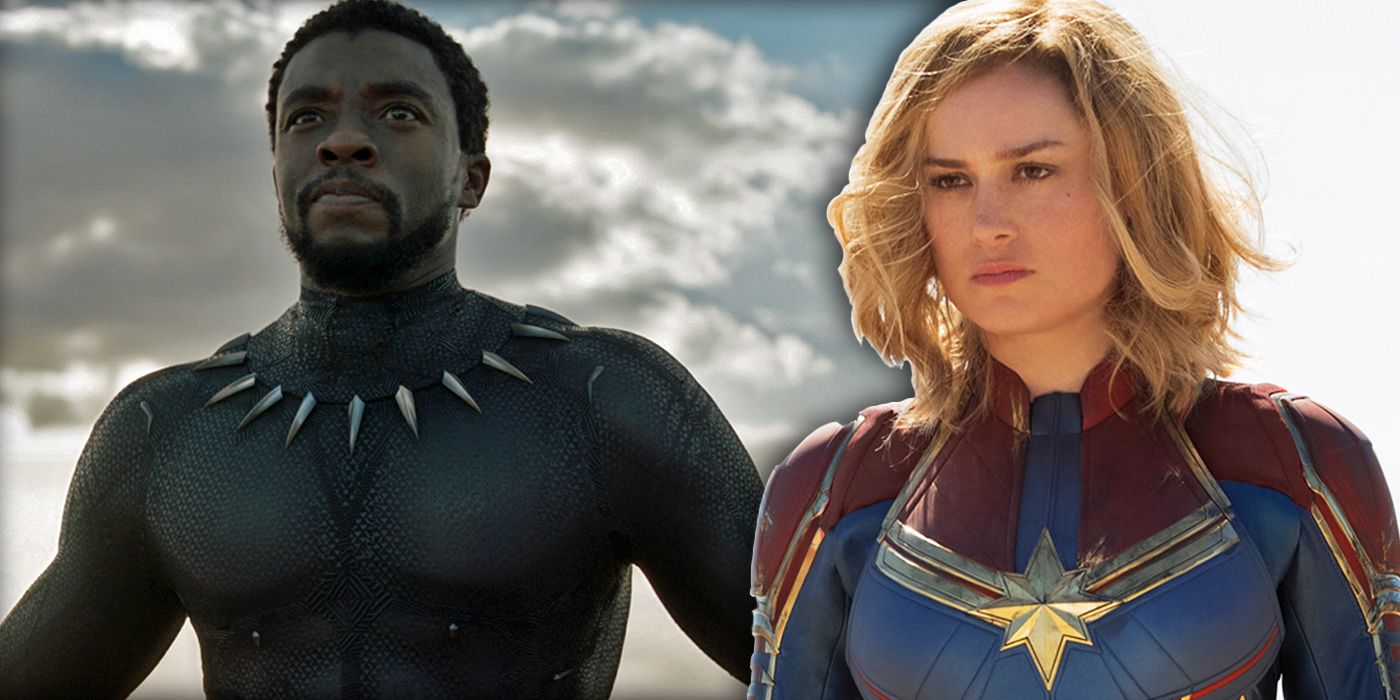 While films like Black Panther and Captain Marvel are a wonderful leap forward for the franchise, there’s a certain aura of tokenism surrounding them. The unmistakable smell of cynical, corporate gimmickry that fuels the films’ progressive stint. Which is exactly what actor Anthony Mackie pointed out. The fact that Disney and Marvel had to piggyback off the #BlackLivesMatter movement to market Black Panther and capitalize off the plight of women to push Captain Marvel shows a distressing trend in the MCU. One that echoes Perlmutter’s belief of profit over progress. This raises questions of whether Marvel would have even entertained the idea of a comic book film starring a woman or person of colour as the lead, if not for social pressures. The danger of this is that they run the risk of reducing diversity into a stunt or novelty.
While films like Black Panther and Captain Marvel are a wonderful leap forward for the franchise, there’s a certain aura of tokenism surrounding them. The unmistakable smell of cynical, corporate gimmickry that fuels the films’ progressive stint. Which is exactly what actor Anthony Mackie pointed out. The fact that Disney and Marvel had to piggyback off the #BlackLivesMatter movement to market Black Panther and capitalize off the plight of women to push Captain Marvel shows a distressing trend in the MCU. One that echoes Perlmutter’s belief of profit over progress. This raises questions of whether Marvel would have even entertained the idea of a comic book film starring a woman or person of colour as the lead, if not for social pressures. The danger of this is that they run the risk of reducing diversity into a stunt or novelty.
A sign of positive change, though, is the way Marvel Studios has marketed the upcoming Black Widow film. Based on the trailers I’ve seen so far, the film seems to be selling itself on the merit of it being an exciting spy thriller featuring a longtime fan favourite. Instead of relying on the promotion of it being “the first female spy comic book film”, which would be a garbage point of interest. The next major theatrical release following Black Widow will be Marvel’s Shange Chi and the Legend of the Ten Rings. Fingers crossed, Marvel will market the film in a way that doesn’t overplay its predominantly Asian cast members.
There’s no one easy answer to the MCU’s diversity issue. Much like people, franchises are capable of change and growth, given time. And while it still has a long way to go in terms of understanding the importance of representation of sexual and racial minorities in cinema, at the very least they’re trying. Feige’s vision of the MCU in Phase 3 is a far cry to Perlmutter’s conservative approach. With any hope, we’ll continue to see even greater progress years from now. Perhaps, they’ll even be a day when we need not bring this issue up anymore.
